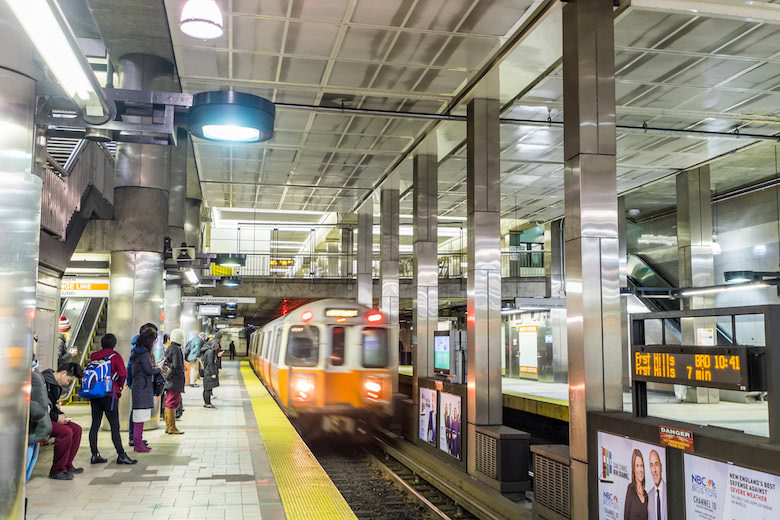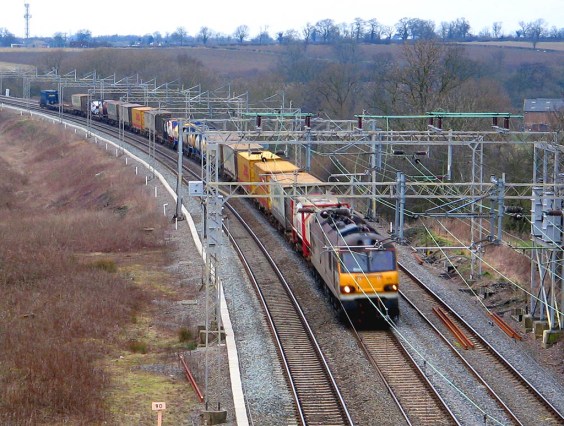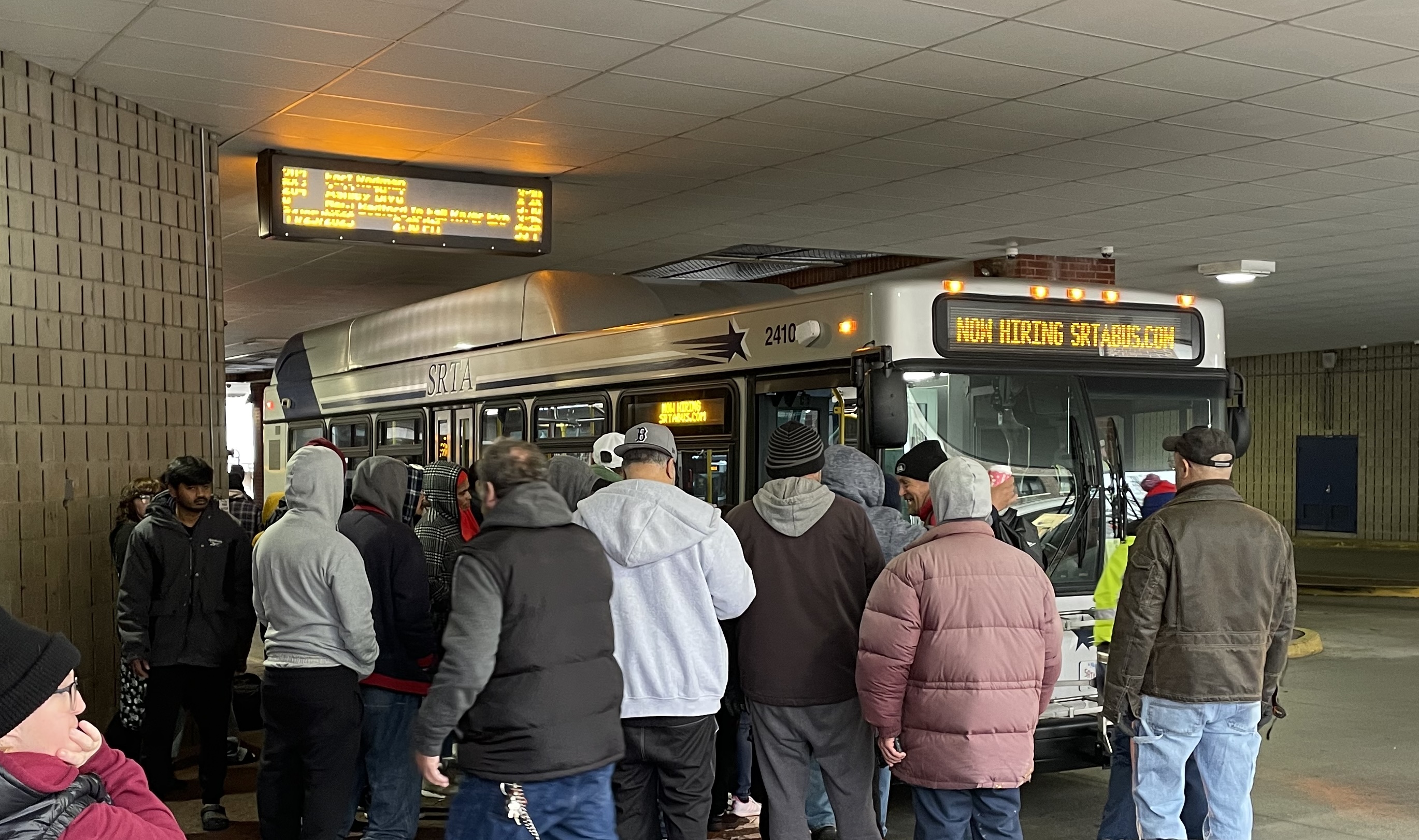Days after federal inspectors issued a stern series of directives that set firm short-term deadlines for the agency to address serious safety issues on its rapid transit system, the MBTA today announced that it would dramatically cut weekday subway service to comply with the federal government's requirements.
Under the changes, which will take effect on Monday, June 20, subway service on the Red, Orange, and Blue Lines will be reduced to levels typically seen on weekends.
Trains will run every 7-8 minutes on the Red Line between Alewife and JFK/UMass stations (and every 15 minutes on the Ashmont and Braintree branches), every 8-11 minutes on the Orange Line, and every 7-9 minutes on the Blue Line.
Weekend services will remain unchanged.
Lea este articulo en español:
In a press release, the MBTA said that the service cuts were necessary because of "staffing challenges among the ranks of subway dispatchers in the MBTA’s Operations Control Center."
The service reductions will last indefinitely, until the T addresses those staff shortages.
"The MBTA is exploring multiple options to add capacity at the Control Center, including an aggressive recruitment campaign, offering bonuses, and potentially hiring back former dispatchers," wrote MBTA officials in its press announcement. "If dispatch capacity permits, there may be days when the MBTA can increase the number of trains in service. And as soon as sufficient dispatch capacity exists, the MBTA will revert to its previous level of service."
Earlier this week, the Federal Transit Administration published four directives that require the MBTA to address over 20 serious safety problems within the next 35 days (a fifth directive mandated additional corrective actions from the state Department of Public Utilities, the agency that's supposed to oversee safety on the T).
Those directives were the outcome of a detailed “Safety Management Inspection” the FTA conducted of the T’s maintenance and operations programs earlier this spring, after a series of train crashes, derailments, and other serious incidents in recent years.
In its directives, the FTA cited serious and widespread operational issues and maintenance problems in the MBTA's rapid transit system.
One directive focused on inadequate staffing levels at the T’s Operations Control Center (OCC), where subway trains are dispatched.
As a result of that finding, the T will be required to furnish the FTA with a detailed schedule of every OCC employee shift on a weekly basis to ensure that the system is adequately staffed, and "verify that all dispatchers working within the OCC are current in their certifications prior to starting their shift."
"With a limited number of dispatchers, these new (subway) timetables allow the MBTA to schedule dispatchers in compliance with FTA directives, and continue delivering service in a safe and reliable manner," according to the MBTA press announcement announcing the service cuts.
"These cuts are disappointing, but not surprising given years of underinvestment," said Stacy Thompson, executive director of the LivableStreets Alliance, in a text message to StreetsblogMASS on Friday afternoon (disclosure: Thompson also serves on the StreetsblogMASS board of directors). "Governor Baker bears direct responsibility for under-resourcing the operations of the T, and the Legislature must step up and take action now to ensure the T can get service back on track."
In a press statement issued Friday afternoon, advocates from TransitMatters called the service cuts "the result of a decades-long, bipartisan aversion to funding the T adequately" and observed that the downsides of the service cuts "will fall disproportionately on the most vulnerable people in our workforce, who cannot work remotely and depend on the T to get to work."
In its inspections, the FTA also found that nearly 10 percent of the system’s heavy rail subway system (the red, orange, and blue lines) are under speed restrictions because of the agency’s poor track maintenance, and that there is a “growing backlog of open (4,195) and pending (12,423) defects related to track, signals and communication, power, and facilities.”
To address that backlog, the FTA is giving the T 30 days to identify specific actions the agency will take to repair its tracks, remove speed restrictions, and improve track access for maintenance work crews.
The FTA has initiated only one other Safety Management Inspection in its history: after a fire filled L’Enfant Plaza station with smoke that killed one rider and injured dozens of other riders, the agency sent agents to audit safety programs in the Metro system in Washington, D.C. in 2015.






